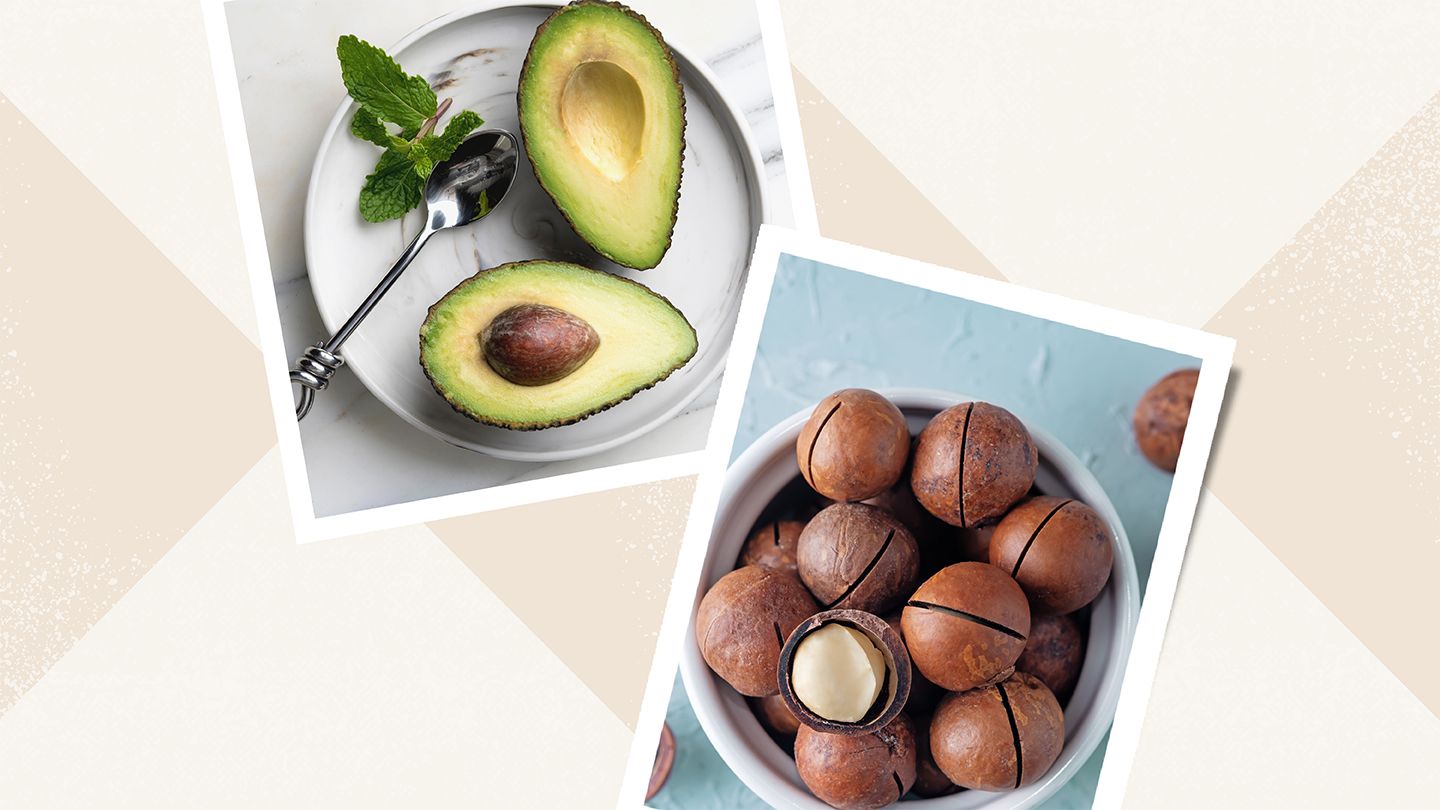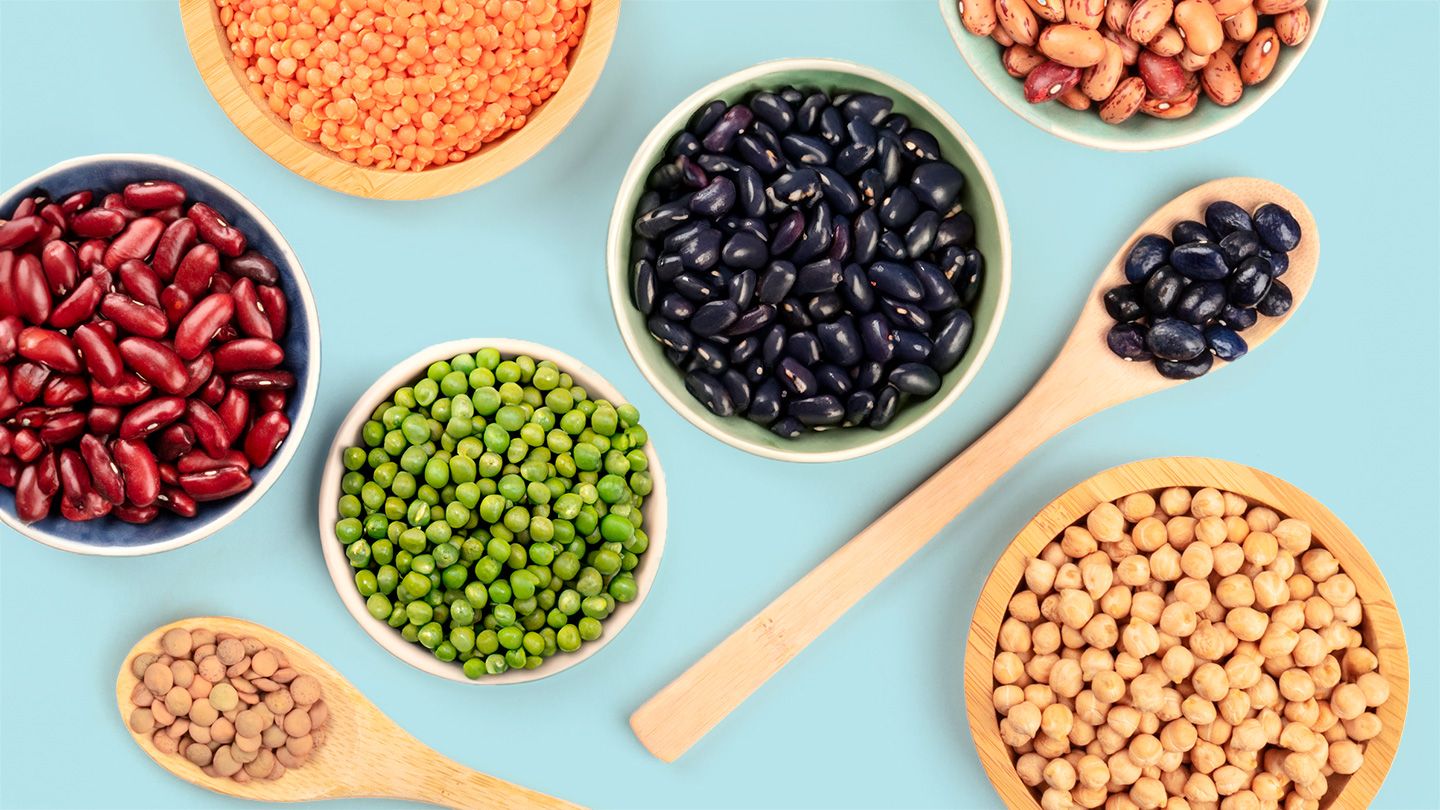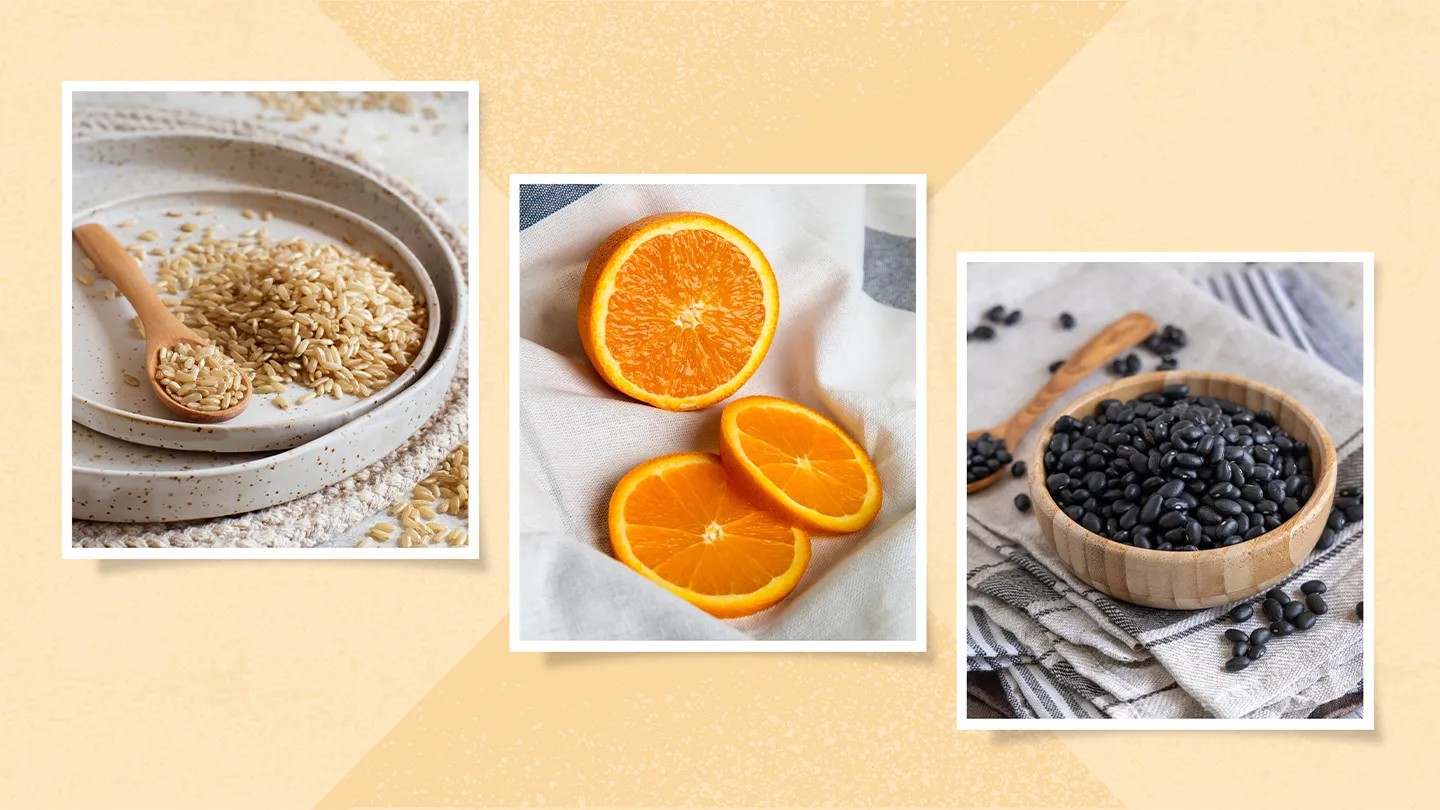Understanding Mangoes in the Context of a Keto Diet
The ketogenic (keto) diet has rapidly grown in popularity over the past few years as an effective way to lose weight, improve health, and simplify eating. By dramatically reducing carbohydrate intake and replacing it with healthy fats and proteins, the keto diet puts the body into ketosis - a state where fat becomes the primary fuel source.
Yet with carb restriction at the core of the keto lifestyle, questions often arise around which fruits can fit into a keto diet. Mangoes happen to be one fruit that gets questioned often in the context of keto eating.
Why Mangoes Don't Typically Fit a Keto Diet
While delicious and nutritious, mangoes are known to be high in natural sugars with just one cup containing around 50 grams of total carbohydrates. For most people aiming to stay in ketosis, it's recommended to keep net carbs under 50 grams per day. This doesn't leave much room to incorporate higher carb fruits like mangoes.
Additionally, the sugar content of mangoes is nearly 100% in the form of sugars like sucrose, glucose and fructose - all of which can quickly impact blood sugar and insulin levels. Rapid spikes in these levels make sticking to a ketogenic state very difficult.
Can You Occasionally Eat Mangoes on Keto?
Research shows that remaining in a state of ketosis provides extensive health benefits ranging from sustainable weight loss to reduced inflammation and improved markers for metabolic disease. So while enjoying fruit is important for overall well-being, jeopardizing time spent in this fat-burning state can reduce advantages gained from the keto diet.
Yet rather than following rigid dietary rules, focusing on occassionally fitting in fruits can ensure long term adherence to keto eating. When eaten in strict moderation - about 1/2 cup serving a few times per month - some dieters can incorporate a small amount of mango in a keto diet while staying in ketosis.
Tips for Occasionally Eating Mangoes on Keto
Here are some tips to keep in mind if enjoying the occasional serving of mango on a ketogenic diet:
- Account for mango carbs - Factor a 1/2 cup serving of diced mango (which contains around 25g total carbs) into your daily 50g net carb target.
- Balance with low carb foods - Fill the rest of the day with low carb non-starchy veggies and high quality proteins.
- Try pairing with fat or protein - Topping a 1/2 cup of mango with a tablespoon of chopped nuts or a dollop of plain Greek yogurt helps slow digestion and further balances the meal.
- Watch symptoms carefully - Pay attention to how your body responds to ensure you remain in a state of ketosis.
Fruits to Eat on a Keto Diet
While strictly limiting overall fruit intake, the keto diet allows room for low sugar fruits in moderation. Here is an overview of some of the top keto friendly fruits to incorporate:
Avocados
Rich and creamy Avocados happen to be one of the most keto diet approved fruits. Containing less than 3g net carbs per 1/2 fruit, avocados offer substantial healthy fats for fueling the keto lifestyle.
Blackberries
With just under 5 net grams of carbs in 1/2 cup, blackberries provide an excellent source of antioxidants and fiber. Enjoy them fresh or add to low carb muffins and shakes.
Raspberries
Like blackberries, a 1/2 cup serving of raspberries adds fewer than 5 grams of net digestion carbs making them a smart keto choice.
Strawberries
As one of the sweetest low carb fruits, strawberries offer vitamin C, manganese and antioxidants. One cup of sliced strawberries has under 10 net grams of total carbs.
Blueberries
Blueberries provide just under 15 grams of carbs per cup, making them relatively low for a fruit. Eat them in moderation while accounting for carb count.
Star Fruit
With a mild sweet-tart flavor, starfruit (or carambola) has only 5.4 grams of net carbs for an entire fruit. Plus it provides fiber and vitamin C.
Watermelon
Watermelon is about 92% water by weight making it low in carbs for the amount consumed. Per cup diced it nets around 8 grams of carbs - ideal for an occasional treat.
Cantaloupe Melon
Similar to watermelon, the high water content of cantaloupe helps minimize carbs. You can incorporate 1/2 cup in for under 10 grams of net carbs.
Honeydew Melon
As a refreshing, hydrating fruit - honeydew fits into a keto diet. One cup nets approximately 14 grams of carbs so enjoy a smaller portion size.
Lemons & Limes
Delivering under 5 grams of net carbs per fruit, lemons and limes add bright flavor with minimal impact on ketosis. Squeeze them over salads and baked fish.
The Takeaway on Mangoes and Keto
When consumed in excess, the natural sugars of mango can quickly minimize time spent in ketosis by spiking glucose and insulin. Yet if eaten only occassionally in strict moderation, some dieters can incorporate a small serving for the sake of diet sanity and enjoyment of flavorful food.
By focusing each day on low carb fruits and vegetables as the main sources of carbs, room can be made for an occasional serving of higher carb fruit like fresh mango.
FAQs
Can I eat mangoes everyday on keto?
No, eating mangoes everyday would almost certainly kick you out of ketosis. Mangoes are high carb fruits, so they should only be eaten occasionally in very small portions if you want to stay in ketosis.
What happens if I eat too much mango on keto?
Eating too much of a high carb fruit like mango while on keto can rapidly spike blood sugar and insulin, taking your body out of ketosis. It may also cause some temporary digestive issues due to the sudden carbohydrate intake.
How much mango can you eat on keto?
Experts recommend limiting mango intake to about 1/2 cup serving just a couple times per month. This modest serving a few times a month will minimize impacts to ketosis for most people.
Should you only eat low carb fruits on keto?
Focusing intake on low sugar fruits like berries and avocados is best for keto success long-term. Yet allowing an occasional serving of a favorite higher carb fruit can support diet adherence and enjoyment of a range of foods.
Disclaimer: This article is for informational purposes only and does not constitute medical advice. Always consult with a healthcare professional before starting any new treatment regimen.
Related Coverage
Find out exactly how many total carbohydrates and grams of sugar are in corn on the cob and kernels. Learn if corn fits into a ketogenic diet....
El maíz tiene muchos carbohidratos, así que por lo general no es keto-compatible. Pero el maíz congelado, enlatado y harinas de maíz procesadas pueden caber ocasionalmente en la dieta....
Get ideas and recipes for easy to grab 0 carb snacks perfect for the ketogenic diet including nuts, seeds, cheese, jerky and more. Keep carbs low and hunger at bay....
Gin and diet tonic can fit into a keto diet. Learn about the carb content, keto alcohol rules, best low-carb drinks, and what alcohol to avoid on keto....
Explore the history, nutritional profile, and carb content of the beloved Southern dish, red beans and rice. Learn how to incorporate it into a balanced, carb-conscious lifestyle....
Bananas are too high in carbs for keto, but some lower carb fruits can fit in moderation. Learn which to eat, which to avoid, plus get a full keto food guide....
Lentils are restricted on ketogenic diets due to their high carb content. But you can enjoy tempeh, edamame, and low carb veggies instead while balancing fats....
Discover the best low sugar, low carb yogurt options whether you eat keto, paleo, or simply want healthier yogurts. Includes top low carb brands, label reading tips, recipes, and health advice....
Discover how to enjoy a satisfying keto-friendly meal at LongHorn Steakhouse. Explore low-carb options, substitutions, and tips for a successful #longhornlowcarb dining experience....
What are the carbohydrates and sugar in fruit roll ups? Get the carb count by flavor and low carb alternatives for keto diets. Plus healthier fruit snack options....









